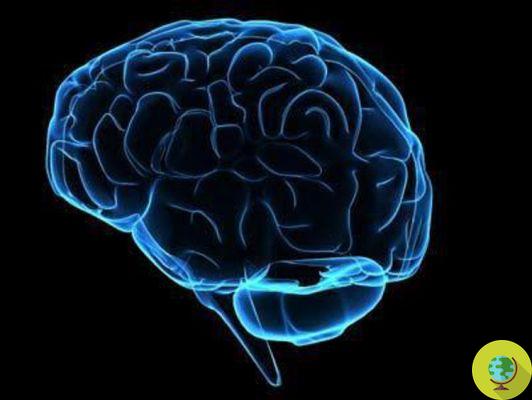
Dreams are regulated by the production of dopamine that occurs during the night and not from the unconscious, as we usually think. This is what a group of researchers from the La Sapienza University of Rome, the IRCCS Santa Lucia and the University of L'Aquila claims.
Don't store avocado like this: it's dangerous
Dreams are governed by the production of dopamine which takes place during the night and not fromunconscious, as we usually think. This is what a group of researchers of the La Sapienza University of Rome, of the IRCCS Santa Lucia and of the University of L'Aquila.
So why we all dream differently is no longer a mystery. In fact, by monitoring the activity of a group of volunteers during sleep, the team found that there is a relationship that links the dream world to the production of dopamine and how the possibility of giving life to clear dreams similar to authentic films, of which we find ourselves unwitting spectators.
Basically, put romance aside because there is a precise underlying the memory of dreams neurochemical mechanism, as stated in the study published in the journal Human Brain Mapping.
Thanks to an innovative strategy that exploits the high resolution of neuroimmagine, the researchers were able to measure the "microstructural" behavior of some areas of the brain, demonstrating that there is a direct implication of neurotransmitter dopamine in the salient aspects of the dream experience. Whether the dream is good or bad, vivid or confused, therefore depends on chemical mechanisms.
The scholars have examined Parkinson's disease as a model of reference as patients suffering from this pathology have a dopamine deficiency. In the 27 Parkinsonian patients, the researchers found that the sharpness of dreams it depended on the dosage of dopaminergic drugs: the more the level of dopamine in the brain circuits receptive to this neurotransmitter was increased, the greater were the chances that upon awakening the patients would remember perfectly what they had dreamed.
The next step - the researchers say - will now be to understand which areas of the brain they generate dreams and on what their presence or absence depends.
Dominella Trunfio
READ also:
THE 10 MOST COMMON DREAMS AND THEIR MEANING
10 USEFUL TIPS TO REMEMBER DREAMS


























